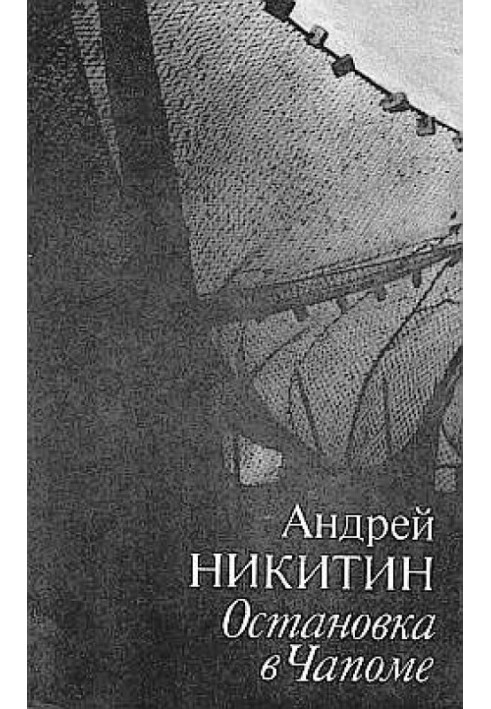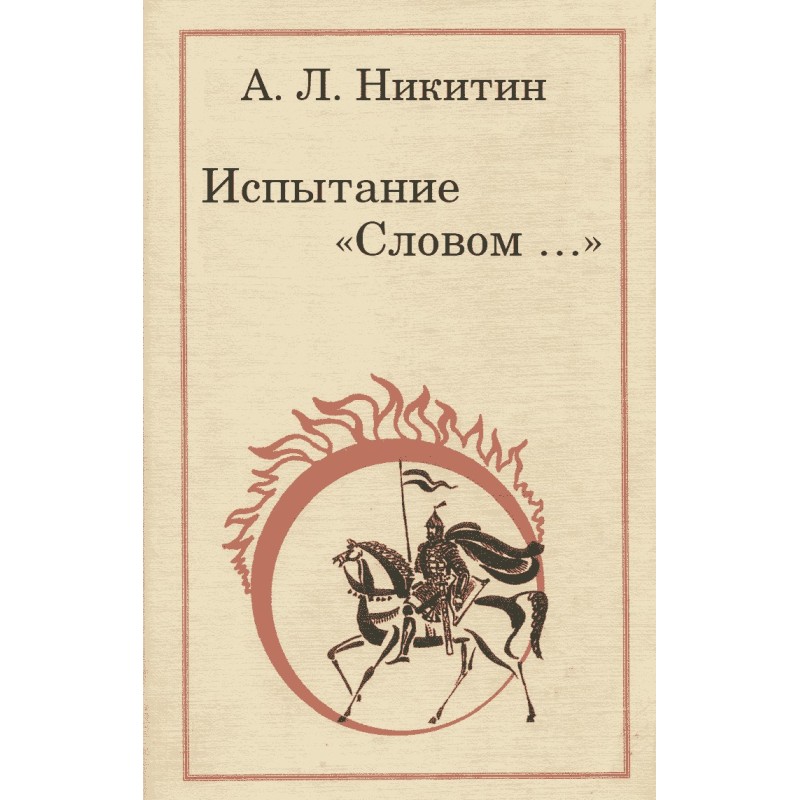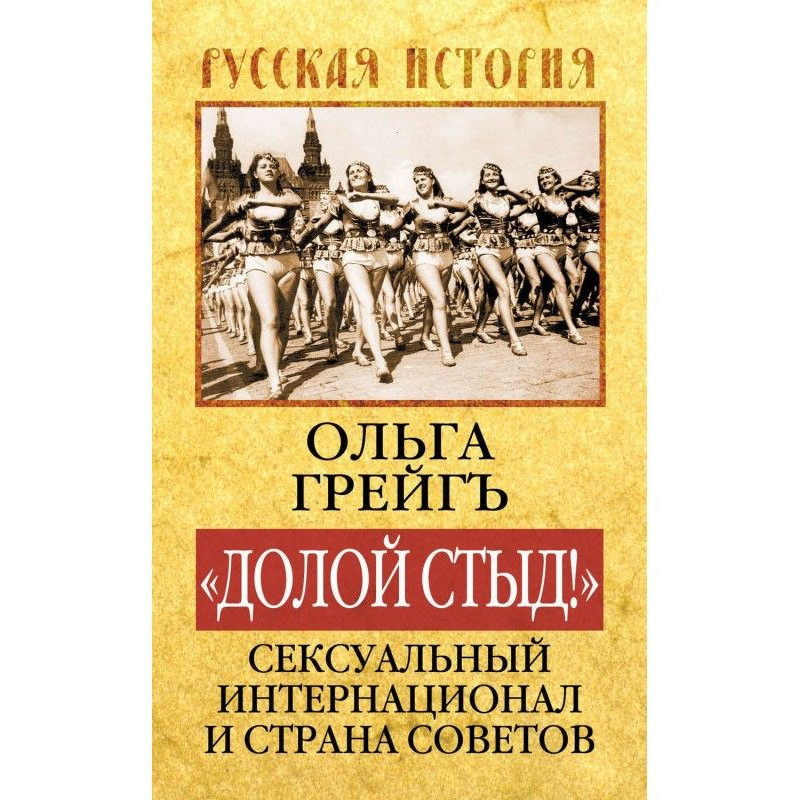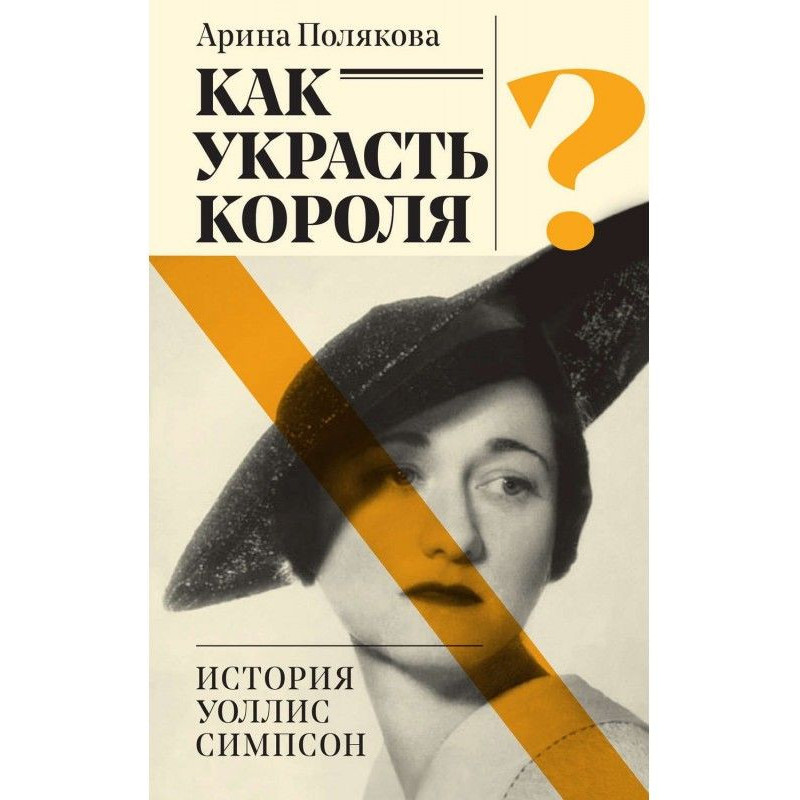Stop in Chapom
 Instant download
Instant download
after payment (24/7)
 Wide range of formats
Wide range of formats
(for all gadgets)
 Full book
Full book
(including for Apple and Android)
In 1982-87, having been invited by the Murmansk Fishery and Collective Farm Union as a publicist and specialist in historical ecology, A.L. Nikitin took part in an attempt to revive the Pomeranian villages of the Terek and Murmansk coasts on the basis of intra-regional redistribution of financing for land-based farming (agriculture, livestock , hunting, reindeer husbandry) fishing collective farms. The result was his articles and essays in the central and local press: Reefs off the Terek Coast. // “LG”, No. 39 (4897), 09.29.1982, p. 11; Nov Tersky coast. // “Pravda”, No. 125 (23651), 05/05/1983, p. 3;And the “reefs” remain... // “LG”, No. 48 (5010), November 28, 1984, p. 11;Fishermen live on the shore. // “October”, 1985, No. 12, p. 164-178;Late spring. // Roads of Russia, collection. 5. M., 1986, p. 102-169;Different facets of perestroika. // “North”, 1987, No. 6, p. 78-83;Rehabilitation? // “LR”, 1988, No. 3 (1303), 01/22/1988, p. 20;Investigation. // “October”, 1989, No. 2, p. 154-180; No. 3, p. 173-185), Subsequently, Nikitin combined them into the book “Stop in Chapom” (M., 1990), called by one of its heroes “an encyclopedia of modern Pomeranian life.”
Essentially a collection of essays by A.L. . Nikitin is an attempt at a holistic analysis of the collapse of the collective farm system on the Tersky and Murmansk banks. His everyday sketches in the first and second notebooks are interesting, where the writer very vividly describes the behavior of Terek residents in various situations. The third notebook is devoted to the “showdowns” at the top of the government of the Murmansk region in the mid-1980s, which were caused by the demands of collective farms to independently control their profits. The last notebook describes the collapsed economy of the collective farms of the Tersky coast. The author reflects on the prospects for the development of the region, its value and significance for the history and culture of Russia as a whole. "Stop at Chapom" is first-class journalism, which is surprising given the ideological pressure of the Soviet era. This book may also be useful to those who are engaged in the economic sociology of this region, since in Nikitin’s journalism one can find the living opinions of participants in the economic process of that time.
Data sheet
- Name of the Author
- Андрей Никитин Леонидович
- Language
- Russian
Reviews
Вражаюча подорож у минуле!
Книга "Зупинка у Чапомі" є справжнім скарбом для всіх, хто цікавиться історією та культурою Росії, особливо в контексті поморських сіл. А.Л. Нікітін майстерно зібрав свої статті та нариси, створивши цілісну картину краху колгоспної системи на Терському та Мурманському берегах. Його опис побуту терчан, їхніх звичаїв та поведінки в різних ситуаціях настільки живий і реалістичний, що читач відчуває себе частиною цієї спільноти. Особливо вражають роздуми автора про перспективи розвитку регіону та його значущість для історії Росії. Книга не лише інформативна, але й емоційно насичена, що робить її цікавою для широкого кола читачів. Рекомендую всім, хто хоче зрозуміти, як історичні події впливають на сучасність і які уроки можна з них винести!























